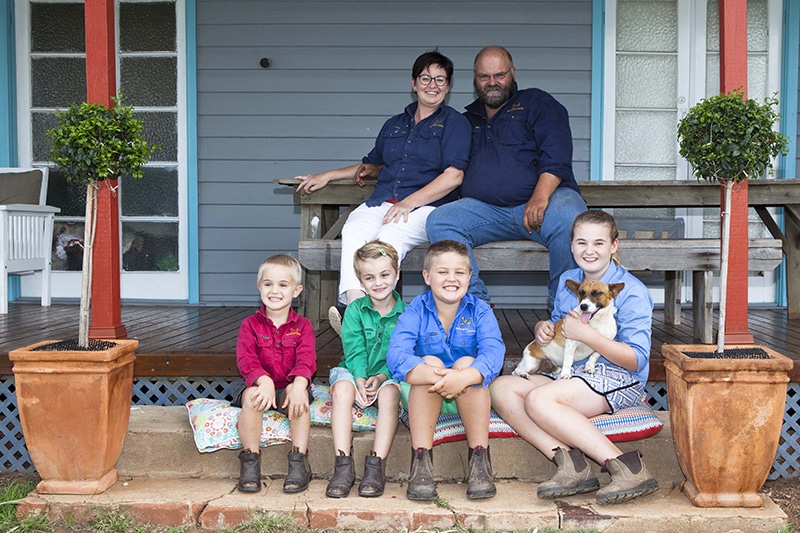
Fiona and Bill Aveyard from Tullamore have approached the search for boarding schools for their brood of four children with an open mind…and some time on their side. Both went to boarding school, Kinross Wolaroi School and The Scots College, respectively. As Fiona told Boarding School Expo’s Kim V. Goldsmith, boarding school was generally a positive experience and they are keen to offer their children the same opportunity.
Their eldest, Lily is in Year 8 at Ascham School and thriving. With three more children – Jim (6), Evie (7) and Archie (8) – to explore options for over the coming years, they’re taking their time to find what’s on offer.
How much has your experience of boarding shaped the decision-making process for your family?
We both like the changes in boarding culture from our generation to the current one. I like that boarding houses are thought of as their home away from home. It gives the children a space to call their own which I think helps develop their self-respect.
It was a lot more military for us and very much just a boarding house.
With four children, what are the considerations in terms of choosing a school – given you haven’t gone with tradition?
We used the Boarding Schools Expo as a starting point, making a conscious decision to go in cold and not bring any preconceived ideas about certain schools with us.
We had criteria of what we were looking for. In Lilys’ case, it was boarding size – not too big and not too small, which we felt would suit her personality. We were also keen on her having access to team sports on a competitive and a social level.
For the boys, if it’s right at the time, we’ll definitely look at those schools with an agricultural option…
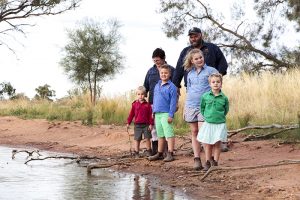 Do you need to consider the boys differently from the girls, or is more based on personality and interest related?
Do you need to consider the boys differently from the girls, or is more based on personality and interest related?
Again, we’ll have to go in fresh because there’s such an age gap between Lily and the others. We’ll probably look at single-sex and co-ed for the boys as we don’t have a preference either way. Evie will probably go to Ascham as I certainly do like Ascham as my first experience of a single-sex school…they all live in a modern, connected world now.
For the boys, if it’s right at the time, we’ll definitely look at those schools with an agricultural option, like a regional agricultural high school, particularly if they’re not looking to be so academic-orientated. We’ll just see…it has to be affordable too.
While it is still early in the process for the boys, what specifically would you be looking for in these schools?
We’ll be asking the Sydney schools this as well, but I’d like them to have access to more TAFE-style learning, things like welding, woodwork, wool classing…vocational training that they might get credits for.
Do you see opportunities for your children to stay in agriculture should they take advantage of the opportunities the right school may offer? In what way?
I don’t want to lock them into just a future in agriculture…but if it was their burning interest, of course. We’ve established a new enterprise on our mixed farm, branding lamb as a premium product, setting us up for the possibility of multiple generations being involved in future. So, who knows where it might go.
What agricultural opportunities can schools offer?
With more than 30 schools attending each of our major Expo venues in 2018 – there will be 39 from NSW and Queensland at Narrabri on 27 and 28 July – it’s not hard to find a school offering agricultural options. The schools below are just some of them.
Farrer Memorial Agricultural High School: maximising opportunities through relevance
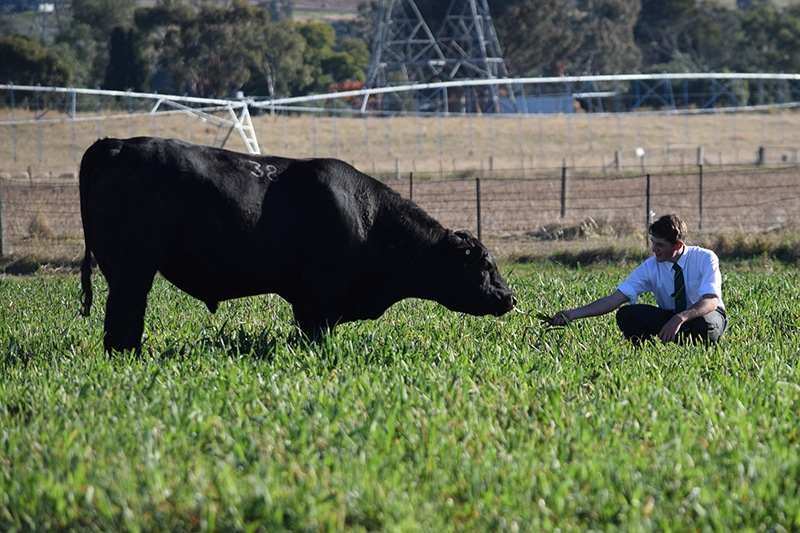
At Farrer Memorial Agricultural High School we believe in maximising opportunities for students through courses relevant to both students and industry, using only the best programs, facilities and staff. Things to contemplate when considering the options at Farrer:
- Farrer’s diverse plant and animal enterprises and state of the art facilities offer students the opportunity to experience industry standard learning on a daily basis.
- Farrer has ongoing industry partnerships, allowing for networking and potential employment opportunities, during and after school.
- Agriculture is a compulsory component of the curriculum for Years 7 – 10. Students are actively involved in farm duties giving them responsibility and ownership whilst living away from home.
Downlands College: extensive education program in diverse rural commodity area
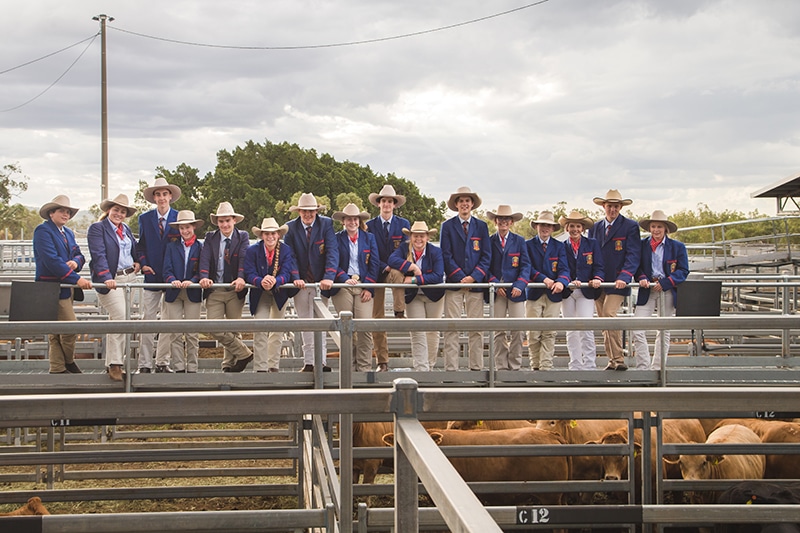
Located in the heart of one of the most diverse rural commodity areas in Australia, Downlands College is home to a 35 acre Rural Centre which hosts a diverse range of plants and animals, including cattle, sheep, poultry, fish, a fruit orchard and bees to name a few. These resources are complemented by an extensive educational program designed to equip students with practical skills and provide them with an understanding of the industry.
- Downlands is a proud partner and a Gateway School to Agribusiness which aims to help young people make a successful transition from school into further education and/or employment. The project encourages partnerships between schools, training (VET), universities and industry to provide career opportunities for young people.
- Boarding is integral to the Downlands community and our boarders are the heart and soul of the College; fully coeducational since 1993, Downlands has the advantage of keeping families together – brothers and sisters can stay, live and grow up alongside each other, forming memories and friendships that last a lifetime.
- Downlands enjoys a unique history, beautiful surrounds, a distinctive spirituality and unequalled character and our heart-centred approach promotes academic excellence, cultural engagement and sporting prowess, encouraging students to integrate faith with life and to develop a love of learning.
Calrossy Anglican School: developing young people for a future in agri-industries
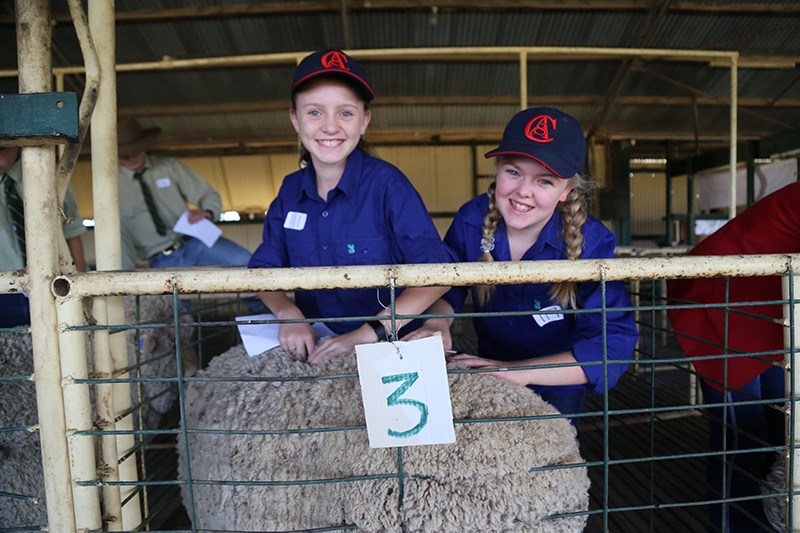
At Calrossy Anglican School we are committed to developing young people for a future in agri-industries through our working school where students undertake activities consistent with those of a working farm, including farm development, enterprise management and marketing of agricultural products. What makes Calrossy’s Primary Industries Program stand out from the rest?
- Calrossy has a working farm and operates its own cattle stud, Kamilaroi Shorthorns. This means a Calrossy student gains valuable firsthand knowledge and skills around agribusiness and farm life.
- The Tamworth-based school boasts an outstanding record of success on the show circuit. In the last 12 months, Calrossy has won three consecutive Grand Champion Carcase prizes (Upper Hunter Beef Bonanza, Sydney Show and Wingham Beef Week).
- Calrossy’s Agriculture/Primary Industries courses deliver excellent academic results. In the past three years, the School has had four Top Ten placings in the State in Primary Industries in the HSC, including a First Place.
The Scots College: curriculum-based agriculture program based on evidence
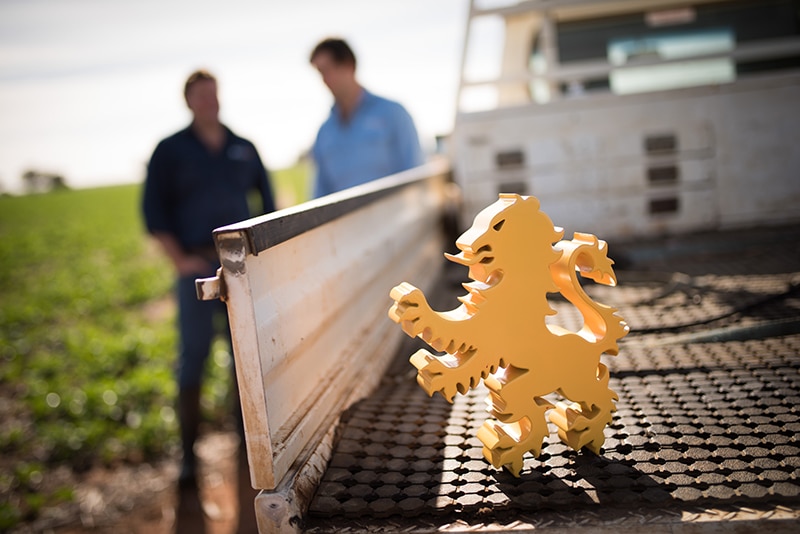
The Scot College’s boarding community is enriched by generations of families that have worked the land and entrusted their son’s education to us. We’ve implemented a curriculum-based agriculture program that runs from Year 9 to Year 12. Taking an evidence-based approach, our boys appreciate the importance of ensuring a stable supply of food for Australia. Scots boys enjoy a wide exposure to the agricultural export industry, giving them an appreciation of how they can lead with an entrepreneurial spirit for both the national good and their own advancement. Moral education and the fostering of a strong values framework further ensure Scots boys understand their place in the world and how they can protect the stunning natural environment of Australia for years to come. Visits to Bannockburn, the College’s Active Learning campus near Culburra on the south coast of NSW, allow students to engage in active learning, with real-world applications, and engage boys in the curriculum.
At The Scots College, we:
- Engage rural communities and industry professionals rather than focus just on the syllabus
- Encourage students to be industry leaders in technology or the global trade and influence ‘on farm’ operations
- Debate the role of Australian agriculture in pioneering the solutions to global issues such as food security, sustainability and economic viability.
Talk to these schools and others at the Narrabri Boarding Schools Expo, 27 and 28 July.
Share